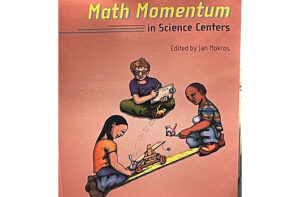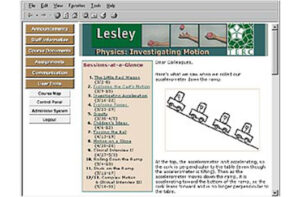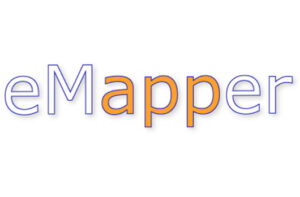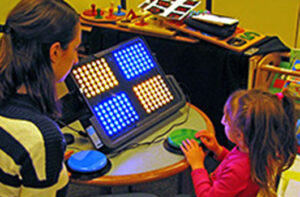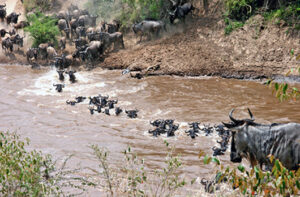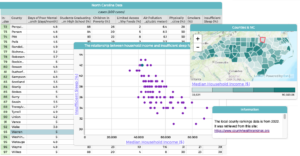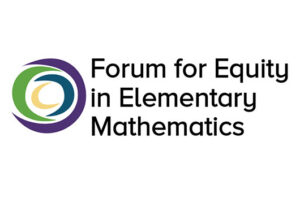State Testing and Inquiry-Based Science: Are They Complementary or Competing Reforms
Joni Falk and Brian Drayton
Journal of Educational Change, Vol. 5 No. 4, pp. 344-387. 2004
Summary
The effect of district strategies for improving high-stakes test scores on science teachers practice is explored in case studies of six middle schools in six Massachusetts districts. At each school, science teachers, curriculum coordinators, principals, and superintendents shared their strategies for raising scores, their attitudes towards the test, the changes that they were implementing in their curriculum and pedagogical approaches, and the effects that the test was having on staff and on students. Results from these case studies suggest that districts chose markedly different strategies for raising scores on high stakes tests, and that the approaches taken by districts influenced the nature of pedagogical and curriculum changes in the classroom. District strategies for raising scores that were complementary to the districts prior vision of science reform tended to cause less teacher resentment towards the test than strategies that departed from previously adopted goals. Differing effects on teachers in socio-economically advantaged, middle, and challenged districts are discussed.

Related People:
Brian Drayton and Joni Falk

